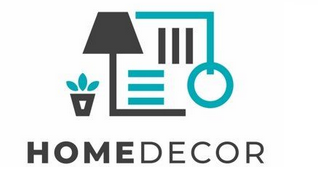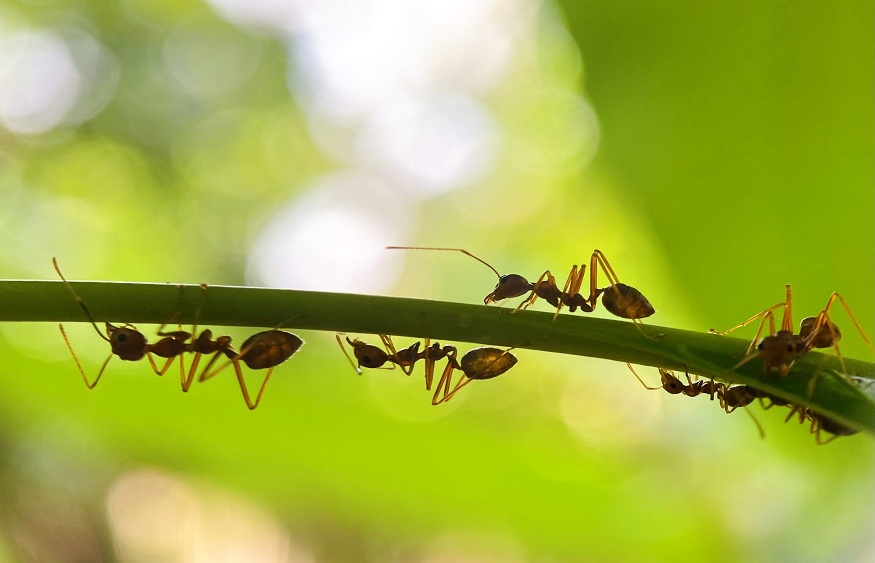Our homes should be safe and comfortable places where we feel safe and cared for. But these safe places can quickly become inhabited by unwanted guests who can do harm and pose health risks.
Pests, from tiny bugs to bigger mice, can do well in our homes if the conditions are right. One important thing that brings these unwanted guests is wetness. Visit our website to learn more about how to get rid of pests in Bend and keep your home pest-free.
Moisture is a lifeline for pests.
For many pests, moisture is an important resource because it gives them the conditions they need to live and reproduce. People need water to stay healthy, and many pests depend on water to stay hydrated and keep their bodies working. Also, wetness can have a big effect on the environment inside our homes, making it a great place for pests to live and thrive.
How moisture impacts your home.
It can be easier for pests like termites to chew through wood and build their nests when there is a lot of wetness in the air. The base of your home is in grave danger because of this weakening of the structure. Mold and mildew can also grow in damp places, which is bad for property and gives some bugs something to eat.
Some common sources of moisture in homes.
Leaky lines under sink tap that drip and plumbing systems that do not work right can all be sources of constant moisture. These leaks, which may not seem like a big deal, can give pests a steady flow of water, which can help them set up colonies in your home.
Conditions where warm, wet air meets cooler objects, cause mist to form. During the winter, this happens a lot in places like basements, attics, and around windows. The resulting water can make great breeding grounds for many bugs, such as mice and insects.
If the draining around the base of your home is not good enough, water can pool and make the area always damp. This extra water can seep into the base and weaken it. It can also bring in pests that like it when it is damp.
If your gutters and pipes are clogged, rainwater can not run away from your home’s base as it should. This can cause water to pool around the base of your house, which makes the dirt more moist and easier for pests to live in.
Proactive steps to keep your home dry.
Fix any leaks right away in the lines, taps, and under sinks. Even small leaks can give pests a steady source of water, so they need to be fixed as soon as they are found. Increase the flow of air throughout your home to lower the humidity.
This can be done by keeping doors and windows open on a regular basis, using vent fans in kitchens and bathrooms, and making sure that air flows well in places like basements and attics.
You might want to buy a dehumidifier to get rid of the extra wetness in the air, especially in places where humidity is high. Check and clean your gutters and drains often to make sure they are free of dirt.
Soil saturation is less likely to happen because rainwater will be able to drain away from your home’s base properly. If you grade the land around your house so that it dips away from the house, water will stay away from the base.
This will keep water from collecting and seeping into the base. When you check your home often, pay extra attention to places like basements, bathrooms, and kitchens that tend to get damp. Finding moisture problems early on can help stop bigger problems and possible pest infestations.
Taking care of wetness problems and making the surroundings less appealing to pests can greatly lower the risk of infestation since a dry home is free of pests.

